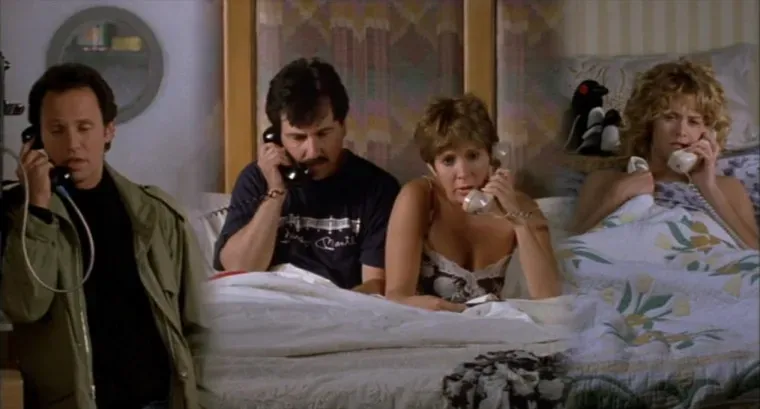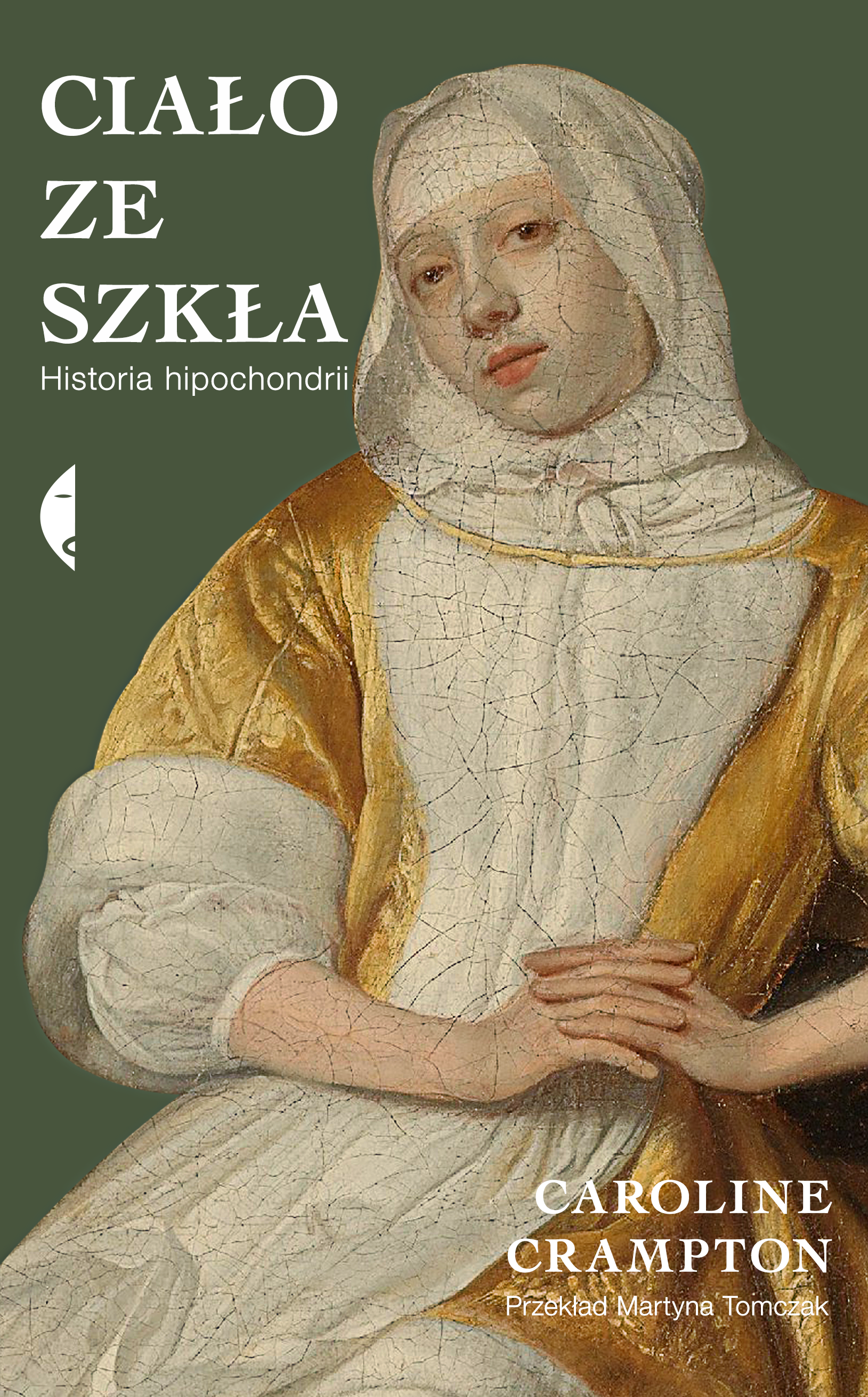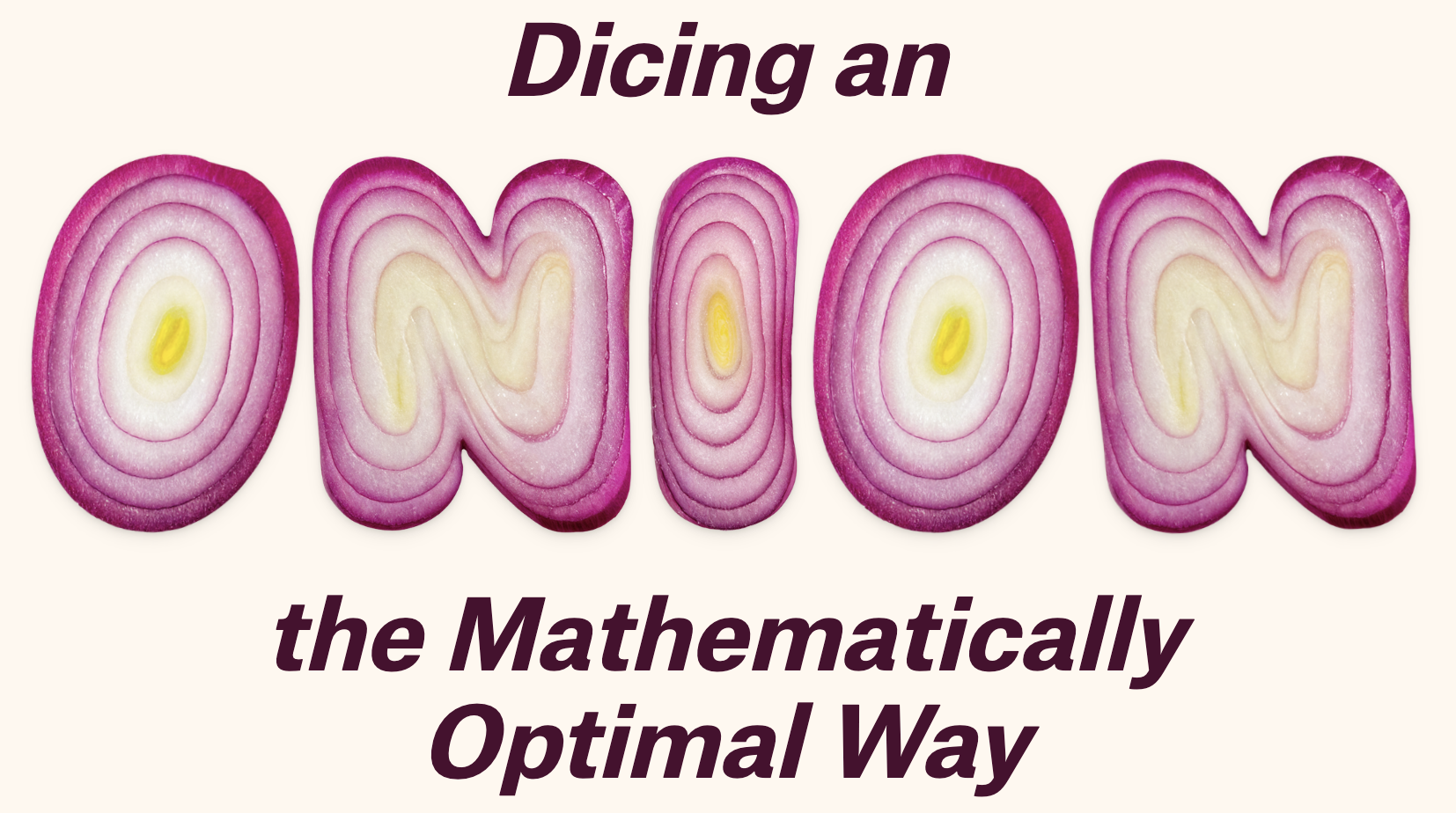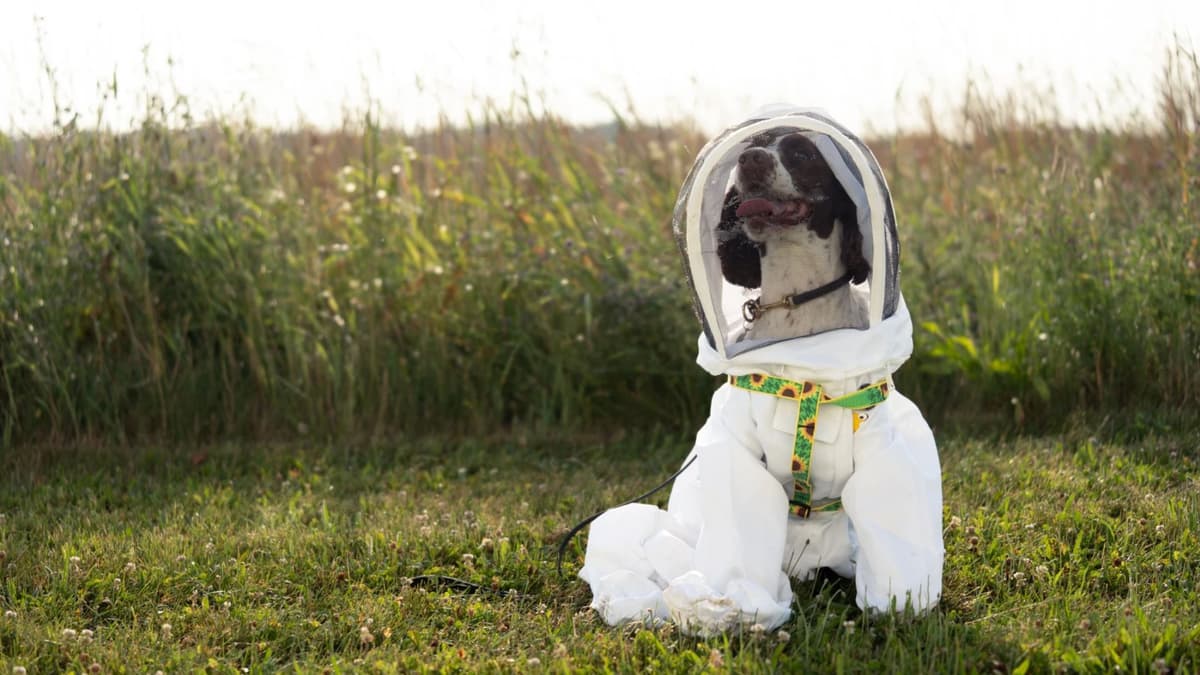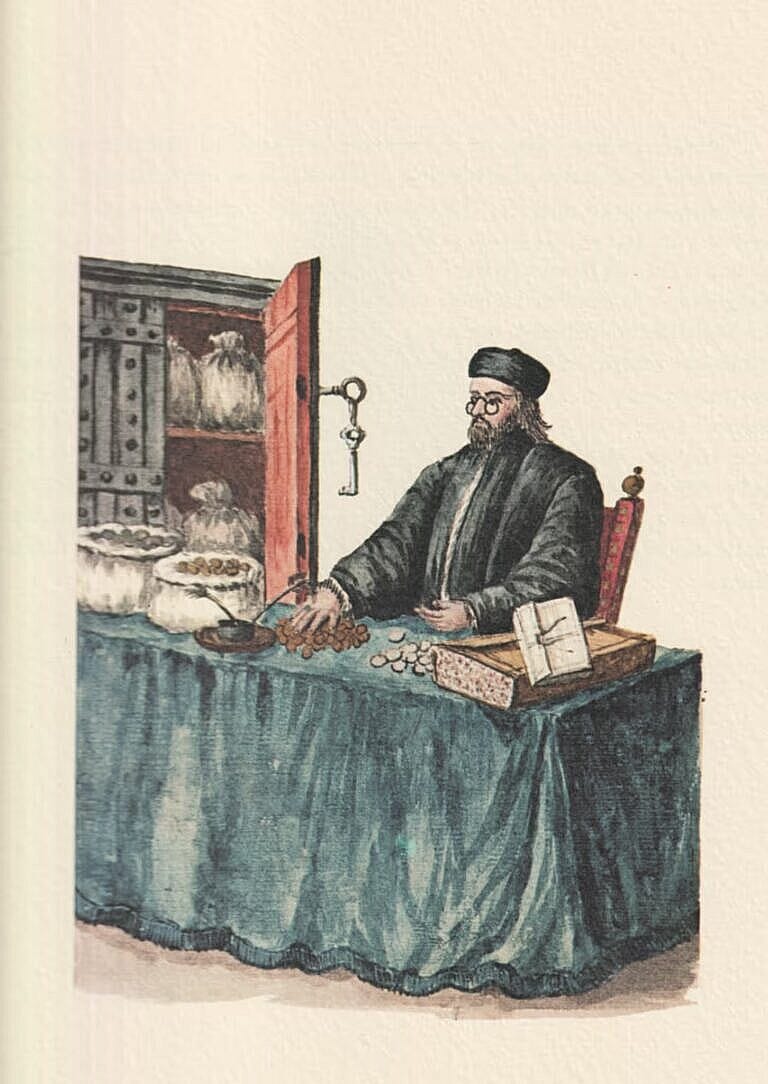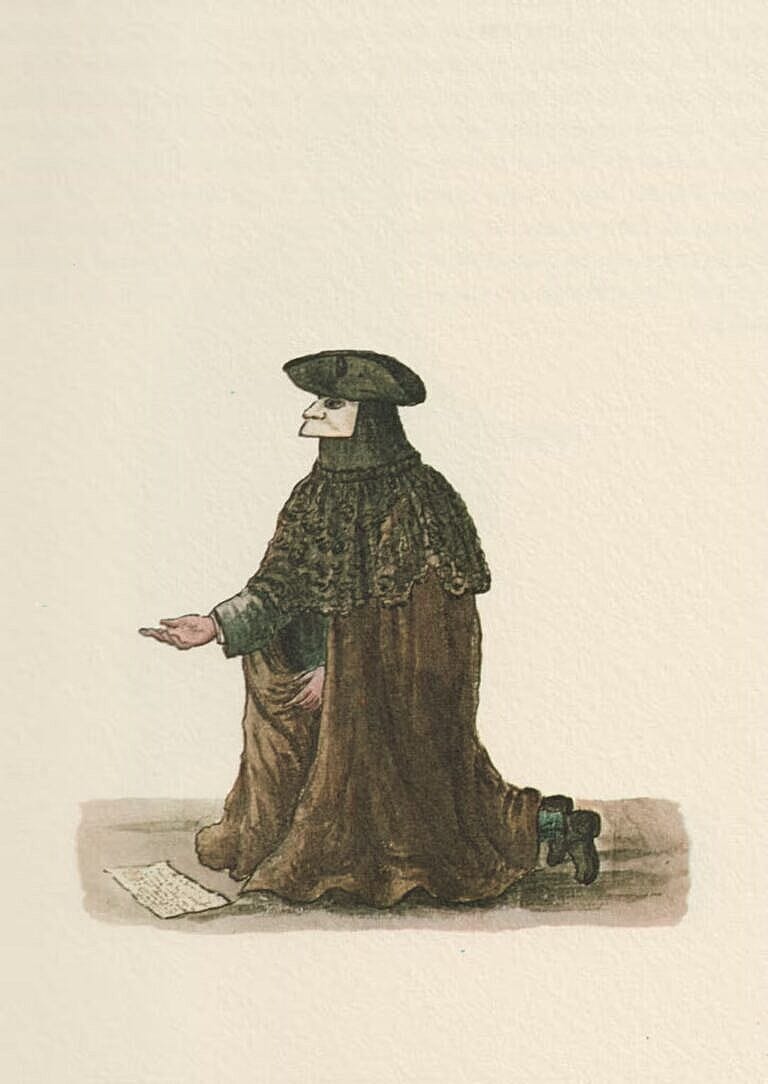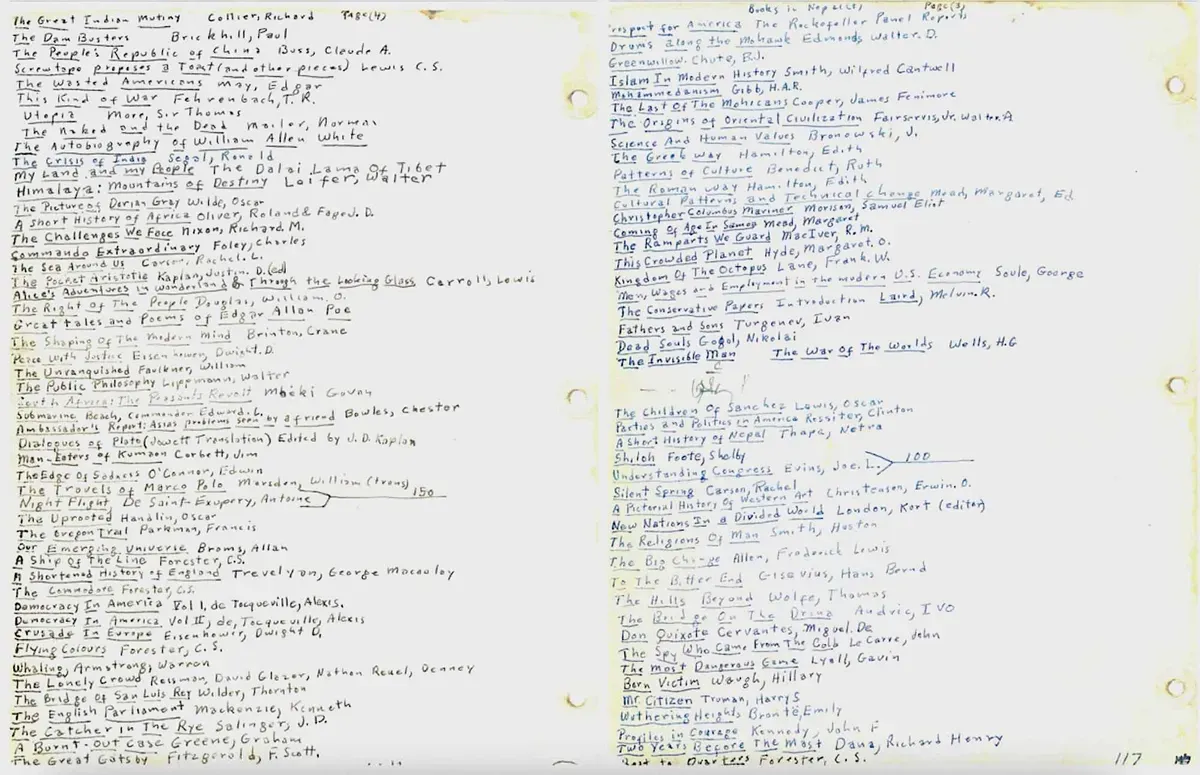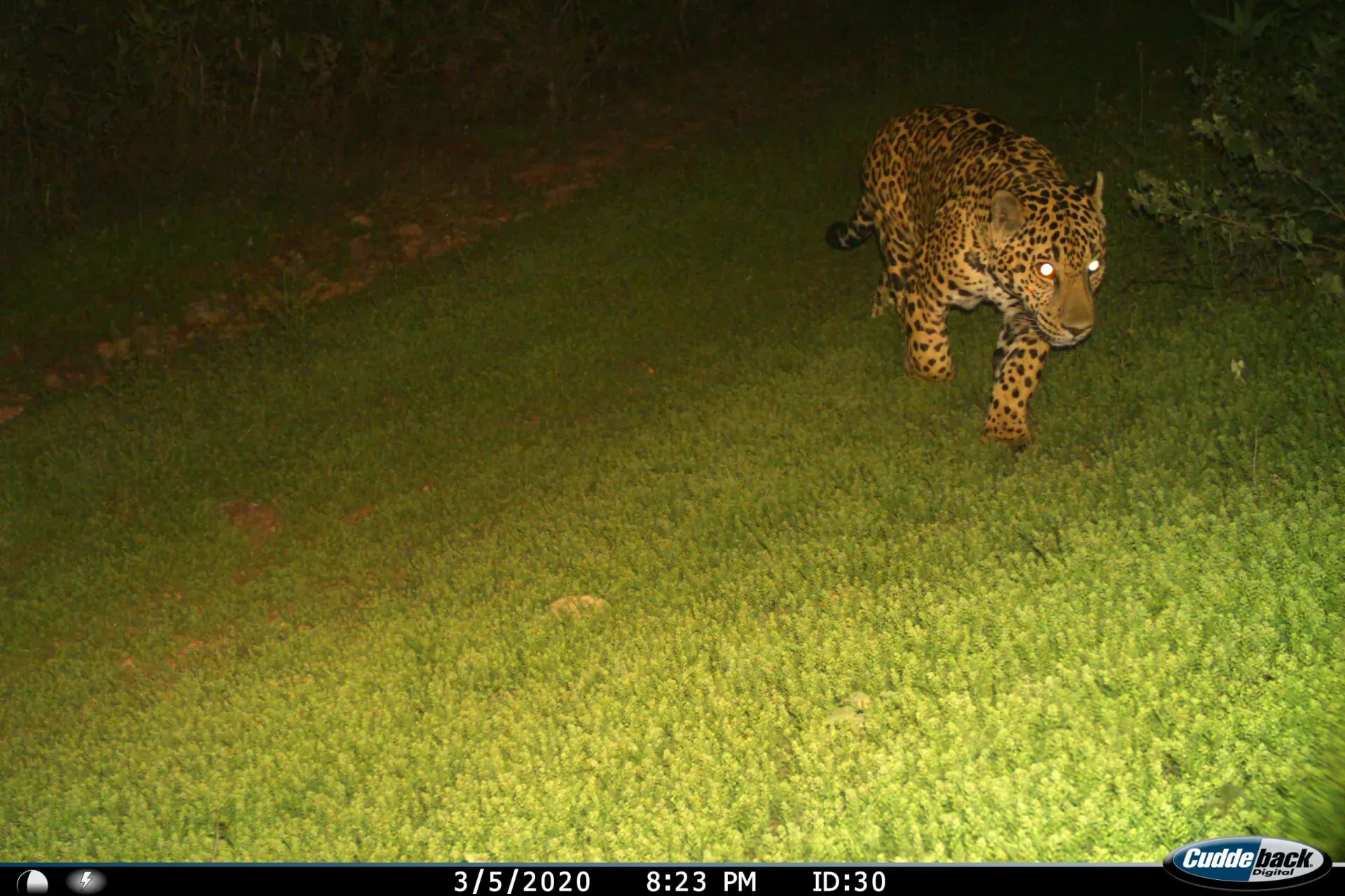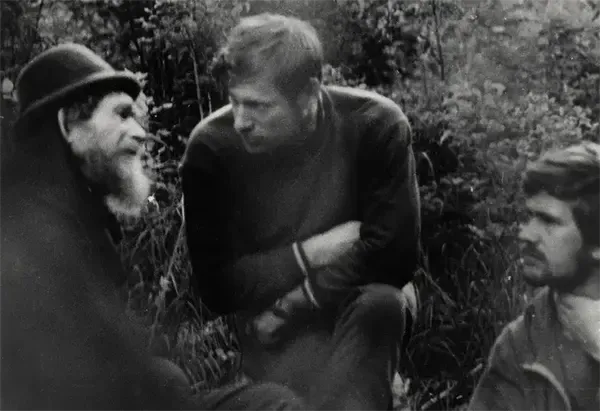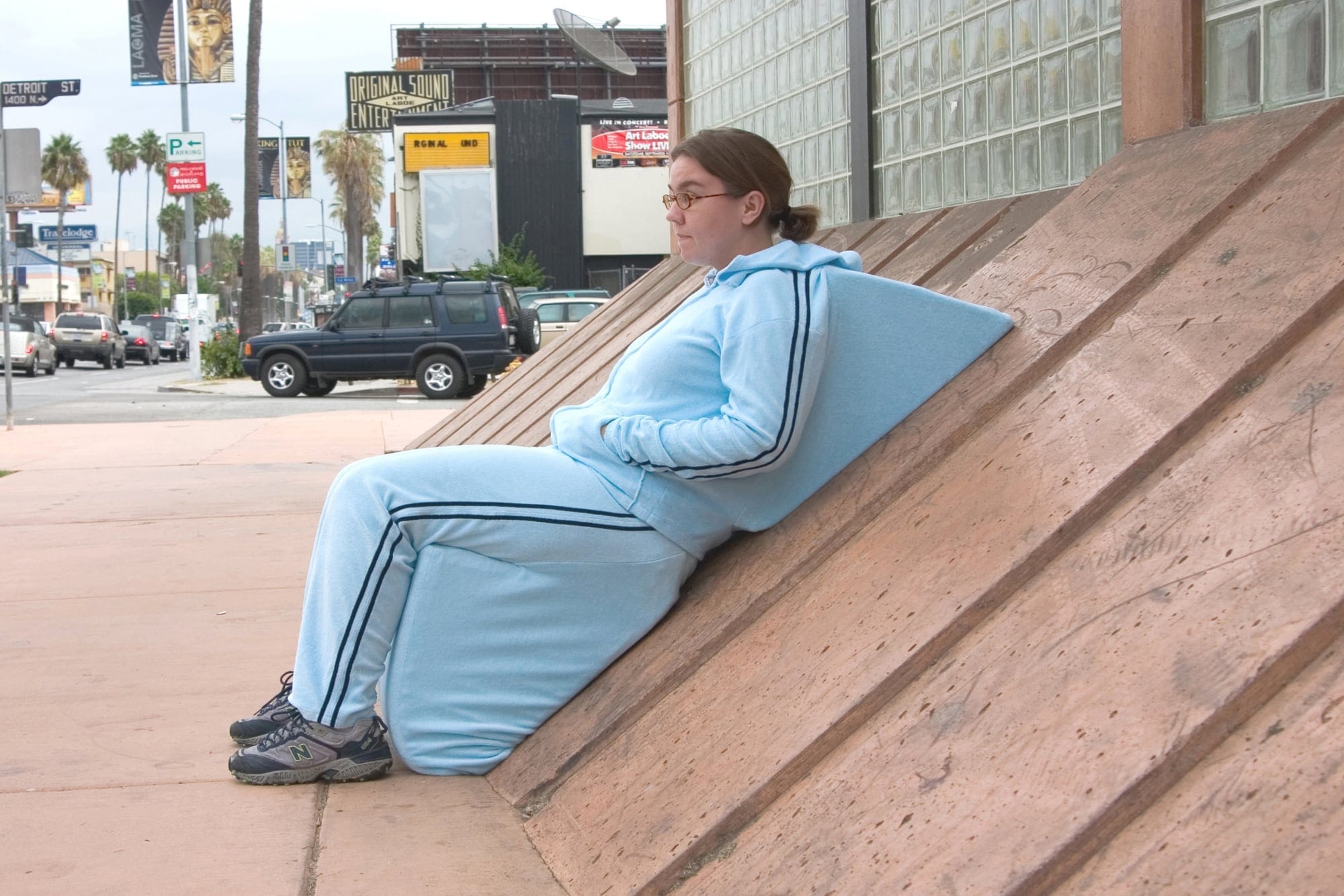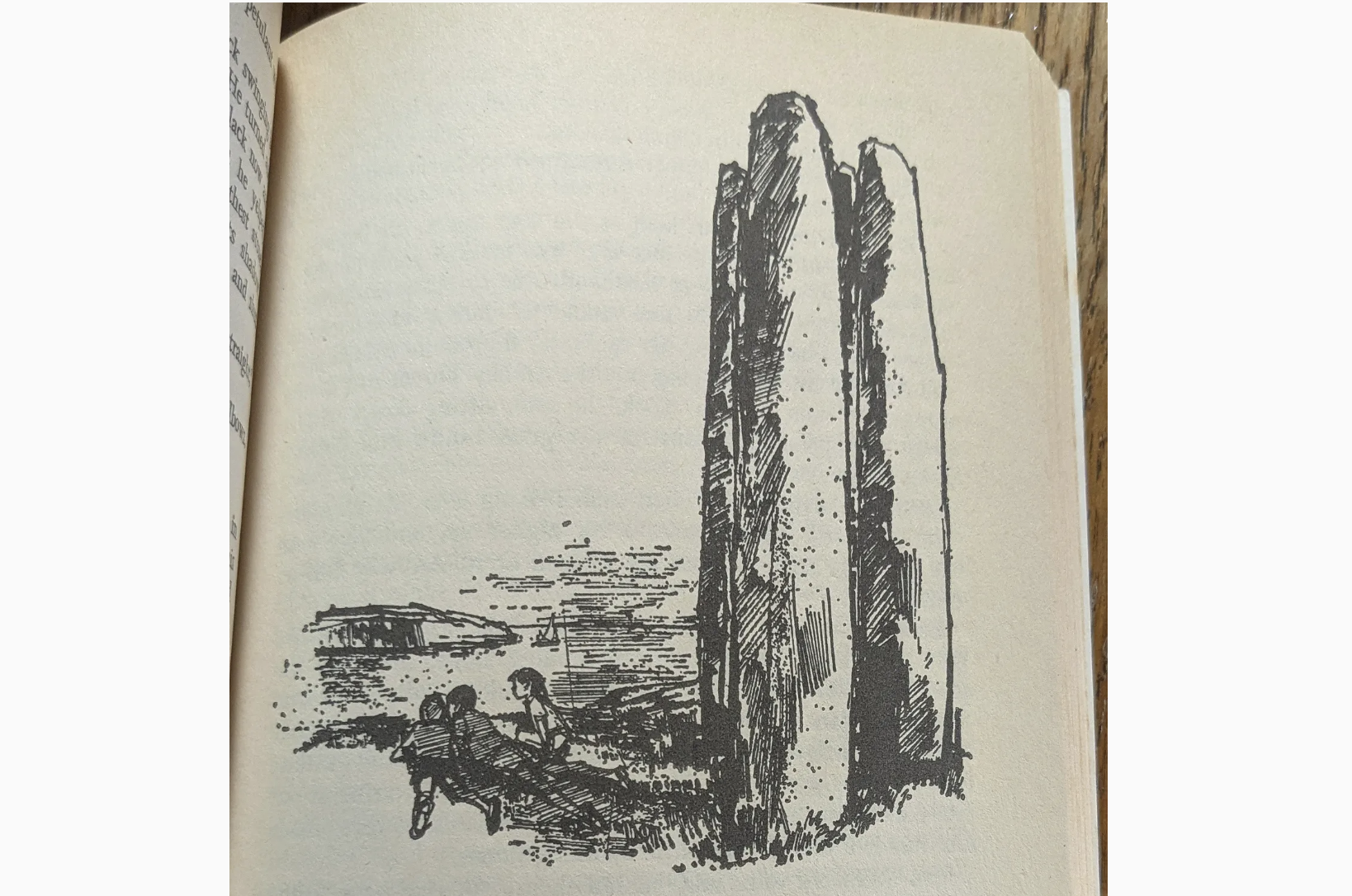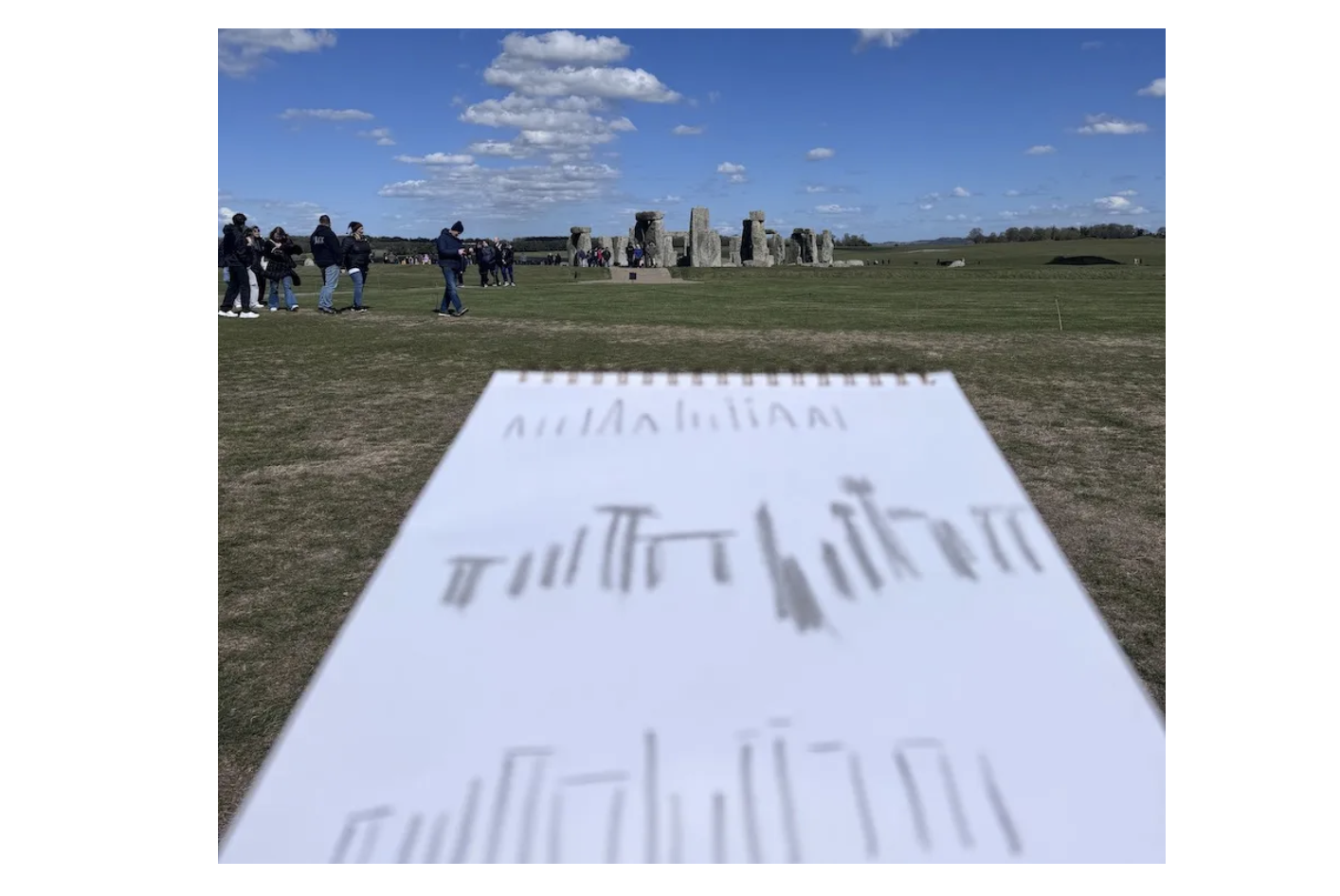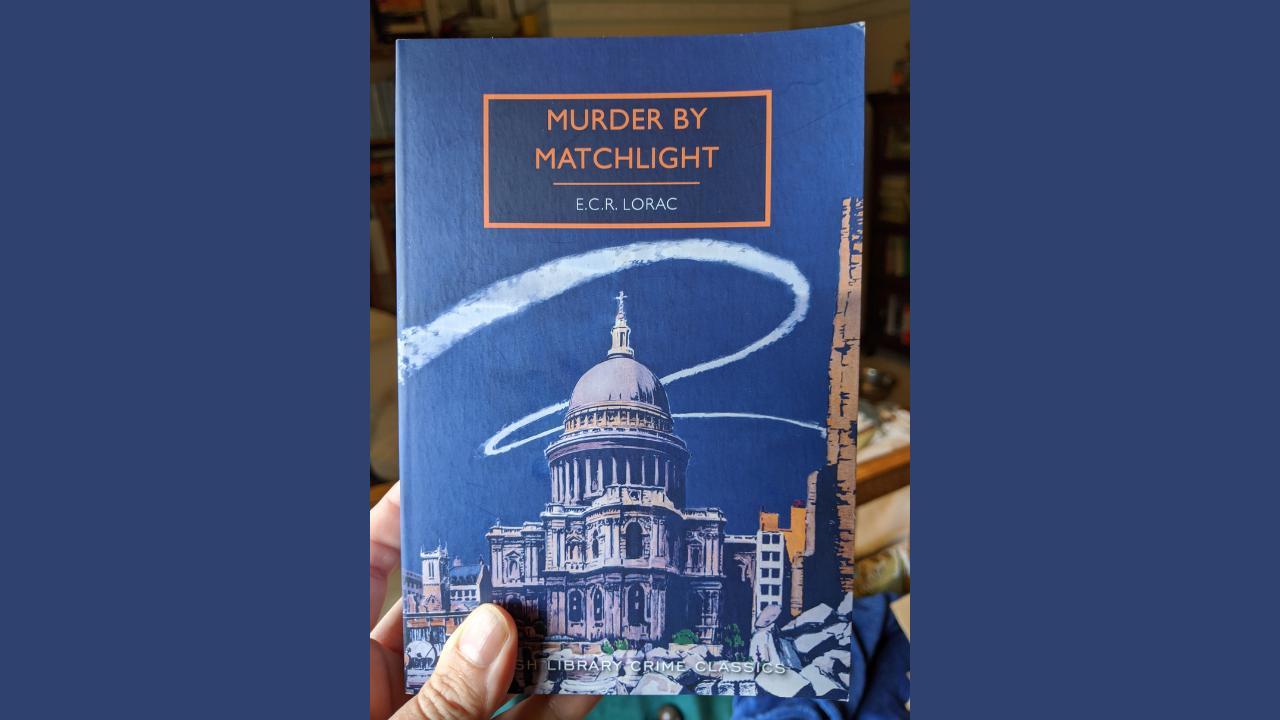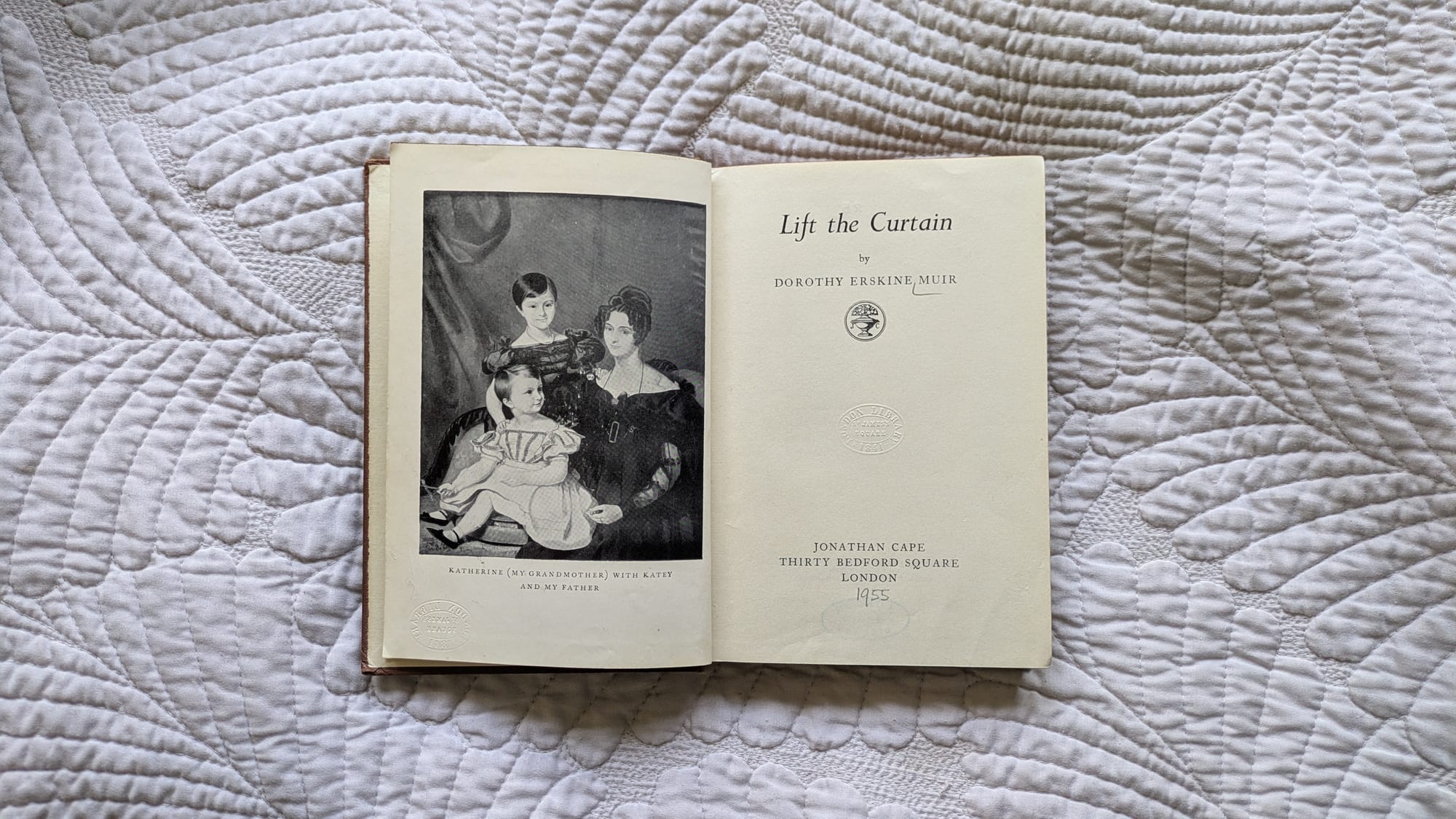I started last year with one clear goal: 2024 was going to be the year that I finally did social media. Regular posting, a content calendar, a strategy, a plan for growth — all of that. And yet I ended the year pretty certain that I never wanted to open those apps again, let alone post my photos and words to them. How?
My main motivation for wanting to conquer my long-held ambivalence about posting was because I had a book coming out in April 2024. I was very anxious about this, in part because A Body Made of Glass was not an obviously easy sell. There are a few reasons for that: it blends several genres in a hard-to-categorise way, it tackles a subject in which I am not a well-known or previously published expert, and it is highly personal. It had also, in quite a modest way, done well according to the nebulous pre-publication benchmarks that authors obsess over. It had attracted a "Big Five" publisher in the US, something I had not had before, received a BBC radio serialisation deal in the UK, and had received some decent early reviews from industry publications in both places. I felt I should be leaving no stone unturned to support the book's success, since I had been gifted opportunities that many other writers would love to have. Chances, too, that I may never have again.
There are very few things that an author can practically do to make a book a success, especially after said book is written, edited and printed. Being a celebrity or personality with a pre-existing audience that adores you definitely helps, but isn't something you can suddenly decide to become four months before your publication date. Catching a particular trend or moment that causes publishers to invest heavily in promotion and booksellers to place large early orders is great too, but once the book is done that's up to them, not you. Giving off that nebulous aura of "I'm about to become a huge literary success" that seems to cling to some people and not others would be good as well, but is also pretty hard to engineer deliberately if that's not your personality or presentation (and it isn't mine).
In that tense, quiet period after the book has been finalised but before anyone can buy or read it, augmenting your personal brand via the regular use of social media feels like the only concrete action you can take. Or at least it did to me, so I threw myself into it. I attended some training sessions on "social media for authors". I asked professional acquaintances with expertise for tips. I learned that Instagram and TikTok were the best platforms to target for bookish followers and that the algorithms of these platforms were, these days, only interested in vertical videos. I compiled lists of videos I could make and started filming mostly-daily updates about my experience as an author with a book coming out soon. I scoured the accounts of other authors who were more successful than me on social media for insights. I posted about every tiny bit of publicity my book got or small win I achieved. I asked people to pre-order in as many ways as I could think of. I delved into the analytics, searching for ways to optimise and improve. I spent a lot of time scrolling, and scrolling, and scrolling, hunting for the "one weird trick" that would help me make a success of this.
I quickly began to feel quite uncomfortable. I'm not a natural on camera and I don't have that talent for talking effortlessly and engagingly to a lens when alone in a room that successful social media personalities need. I was forcing it all the time, making myself record multiple takes and doing things again and again until they looked "natural" (a highly unnatural behaviour). My video editing skills are basic, so turning out regular videos took me a long time. Worst of all, though, was the way in which this enterprise began to alter my mindset about the normal stuff of life. I never used to think very hard about what I wore for a casual day of writing at home, or worry about how clean the bathroom mirror was, or obsess over what narrative or story might emerge from my general jumble of accumulated tasks. It shocked me how quickly I started viewing my own life as something to film and share, rather than something to just... live. I've seen this effect described as "the devil had taken my eyes" and I feel that is accurate. Something had taken over my gaze and it wasn't something good. A new and sinister lens had appeared between me and the world. One evening, as I made my husband walk our dog past the same scenic view multiple times so that I could get the best shot of it for a video, I experienced a sudden wave of revulsion for myself and what I was doing. From then on, I began to despise the way this supposedly necessary aspect of modern authorship was intruding on parts of me that I had never meant to be available for public consumption.
Worst of all, perhaps, it didn't even seem to be doing anything. The TikTok and Instagram algorithms were utterly disinterested in what I was posting. Some of my existing followers saw my videos and interacted with them, but the promise that this kind of regular video posting would expose my work to lots of new potential readers was never fulfilled. Instagram's analytics showed that although I had a couple of thousand followers, only a few hundred of them were even seeing what I was posting. On Twitter, where I had nearly ten thousand followers that had mostly been accumulated during my previous work as a political journalist, the figures were even worse. Most of my TikToks barely made it to views in three figures. Clearly, I was doing it wrong. But how?
I couldn't find any answers, although there's a seemingly inexhaustible supply of information out there on this topic. Everyone in this space seemed to publicly agree that "social media was really important for book promotion" and pointed to the viral success of various books on BookTok, but nobody was able to go into more detail about how this was achieved, or if it was even applicable to a non-fiction book by a non-celebrity author. When I tried to explore this world, it seemed to me like the old-fashioned word-of-mouth effect was just being channeled through a new medium. Books mostly weren't gaining momentum on TikTok because their authors were making top notch viral videos, but because readers and bookish influencers were recommending them to each other and posting about their experiences. It was the quality of the book, the canny distribution of advance reading copies and marketing materials by publishers, and the work's ability to speak to a moment that made the difference. I didn't really see how my own social media activities could fit into this ecosystem. People would either find and like the book, or they wouldn't. Did I even need to be there?
Every time I posted, I felt worse. From the outside, my attempts to "do" social media seriously probably looked inconsequential, but they consumed a major portion of my thoughts. What I was doing felt inauthentic and, as the book came out and started getting reviews, like boasting for no reason other than to boast. The choppy nature of the algorithms meant that there was no consistent community on these apps with whom I was sharing my progress through the publishing process and no guarantee even that those who were interested would see what I was sharing. When I did in-person events about the book and spoke to readers over the signing table, they would tell me that they had come because they had liked my first book, or enjoyed my current podcast, Shedunnit, or had been a fan of my old one, SRSLY. One person drove several hours to see me at a literary festival because I had put a link to the event in a postscript in my sporadic email newsletter. Nobody I met had been motivated by what I had been doing on social media, even though making those posts had been consuming the vast majority of the time and effort I had to devote to book promotion. This is anecdotal data, for sure, but so much of how the success or otherwise of a book is defined is vibes-based that I felt fine about allowing it to inform me. It only backed up what the social media platforms' analytics had been telling me, anyway.
By the mid point of last year my book had been out for a couple of months and the expectation to market it as much as possible was dying away. My anxiety simmered down to the point where I could assess matters more objectively. This was situation as I saw it: I had put a lot of work time and mental energy into social media because I had been told by lots of trustworthy sources — like people who worked in publishing, fellow authors and my writers' union — that it was the best way to help my book reach as many interested readers as possible. In fact, my posts had reached very few people and contributed very little to the success of the book. Plus, they were very time consuming to make so had eaten up leisure time and my capacity to do other work. There had also been negative side effects in the form of vastly increased screen time and that disagreeable mental habit of seeing my entire existence as potential posts. There was only one possible conclusion: social media was not for me.
More than that, I felt that there was something of an "emperor's new clothes" situation at work. Being a social media star is a skillset completely distinct from being someone who writes books — they may overlap occasionally, but it's not the norm. Yet I suspect that every non-celebrity and midlist author will have felt the pressure at some point to "be more active on social media" because otherwise they aren't "pulling their weight" for their book. I wasn't alone in finding that the effort:reward ratio was entirely out of whack, either. Plenty of peers that I spoke to with online creative businesses were happy to share their experiences of withdrawing partially or fully from social media (for all sorts of reasons including harassment, burnout and parenting) only to find that their sales were largely or even entirely unaffected the next time they had a project to promote. One had closed an account with a following in the six figures and switched to communicating with customers only via an email newsletter, and business was even better than before (likely because all of those subscribed were actually receiving the emails they had signed up for). I began to wonder. Was this all, in fact, nonsense?
The publishing industry is going through a period of great volatility at the moment, for many reasons including but not limited to rising production costs, encroaching celebrity culture, corporate greed and the advent of AI. Traditional publicity opportunities like television/radio interviews and print reviews are becoming less and less effective at getting the word out about books as fewer people tune in. The digital alternatives have, so far, not offered a like for like replacement for the old marketing ecosystem. From my perspective as a traditionally-published, non-celebrity author, it feels like nobody really knows what makes a book sell anymore. I think the persistent advice to authors to "do social media" is, at best, part of a strategy that can be generously described as throwing everything at the proverbial wall in the hope that something, anything, will stick. Being more cynical, I think it might sometimes be a way of keeping authors quiet, of transferring the responsibility for their book's success on to their shoulders and occupying them with something that feels productive so they don't ask too many awkward questions. It's busy work.
That's all without considering the role of the platforms themselves in this. I spent several months last year feeling grim about the amount of free content I had uploaded to platforms owned by the likes of Meta and Elon Musk. Facebook, Instagram, Twitter, TikTok — these are all outlets that purport to capture and manipulate their users' attention, meaning that, as a "creator", if you catch the wave of the algorithm just right you can surf it all the way to a huge following, then fame and fortune. I don't doubt that the select few who make this equation work for them do get well paid for their work once they become successful. Everyone else, though, is just uploading for free so that there is enough stuff on the app to keep users scrolling forever. Infinite scroll means infinite ad inventory. The platforms also invest in promoting the idea that being a "full time creator" is an attainable goal and incentivise their top creators to sell the idea that anyone can achieve their success, if they just start now and work really hard for nothing as long as is necessary. The more I thought about it, the harder it became not to view the so-called creator economy as a blatant pyramid scheme underwritten by some of the worst corporations in the world. The way to succeed is to get in early, then become an aspirational figure to those who come along later.
I'm being deliberately blunt to make my point. If you enjoy watching happy videos of dogs and uploading pictures of your holidays for your friends, I'm delighted for you. If making videos and sharing them online is your hobby, all power to you. As part of a viable creative career, though, where a living wage and sustainable workload is the goal, social media now feels to me like a long con that just hasn't been exposed yet.
I've never been a whole-hearted lover of social media, nor a great adept at it. I only signed up for Facebook at university because it was necessary for being involved in the student newspaper, and then I deleted my account a few years later when I had a scary experience with a stalker. I rejoined when I moved out of London, naively believing it would help me make new local friends, which it did not. I got Twitter when someone on my journalism training course laughed at me because I didn't already have an account and then almost never posted on it, even when the platform was at its dizzying heights of relevance for those in the media. I once went mildly viral for a snarky tweet during a televised election debate and found the experience so horrifying that I never wanted to repeat it. Instagram was better, for a while — my corner of it was mostly friends and dogs and knitting — but then the feed became algorithmic instead of chronological and I almost never saw the things I liked in a sensible order.
Social media was never a wholly cosy or useful place for me, although I was utterly addicted to it for a number of years because "being a journalist" in the 2010s felt synonymous with "being on social media all the time". This idea was so deeply rooted in me that when I worked somewhere with such terrible computers that they couldn't even handle refreshing a Twitter feed, I bought an iPad with my own money so that I could have a device next to me all day that was continually showing the latest posts. At the time, I barely made more than the London Living Wage, rent took three quarters of my monthly pay after tax, and I walked an hour to work every day because I couldn't afford to take the Tube. In those circumstances, buying an expensive tablet just so I never had to be separated from the latest tweets is absurd, even irresponsible. And yet I did it, because I had utterly internalised the idea that social media was the route to writing success. Years later, even knowing what I now knew, it took months to work myself up to quitting and even longer to say out loud what I had done and why.
Once I had made up my mind to mentally uncouple myself from social media, it was shockingly easy to do. I deleted the apps from my phone and changed the passwords to my accounts, recording them somewhere inconvenient so that I could log in via the desktop versions if necessary but it took more than a couple of taps or clicks. A few weeks in, I took stock of what I felt like I was missing and the list was surprisingly short: Taylor Swift content, chats with friends, the occasional funny picture of a dog. I replaced all of these pretty easily: I signed up to a couple of music podcasts and Patreons, made an effort to be more regular about phoning and texting people, and just enjoyed the dogs that I saw out and about in the world. The benefits were just as quick to come. That feeling of seeing the world only as potential future content receded, I started reading more books, and my screen time fell drastically. I felt released from a burden I hadn't noticed I was carrying. I had become so accustomed to the sense of shame at not being better at offering up my life for successful consumption that I only realised how acute that feeling had been now that it was gone. I kept waiting for the other shoe to drop, for someone very influential in my industry to swoop down and reprimand me for my actions, to declare that I had irrevocably failed at "being a writer". But nothing bad happened. At all. Those apps had become so barren of joy or purpose for me that I didn't miss the experience of being on them, either as a creator or a user, at all.
By the end of the year, packaging chunks of myself to share on questionable corporate platforms for strangers to watch and judge felt like a really weird thing to do. I talked about it in therapy and imagined trying to explain this practice to my eleven-year-old self who had really wanted to spend her life writing stories. The more time that passes, the odder it feels that I spent a decade and a half of my life believing that social media was a vital part of being a writer. Others may have different experiences, but because I was never a consummate poster I never received work opportunities or made friends or found a partner through these apps. Maybe if I had, I would feel like there had been more of a fair exchange. I just allowed them to occupy a large chunk of my brain for nothing.
Where does this leave me? I ended 2024 absolutely sure that social media was not for me, a complete reversal of my position at the start of the year. I'm not moving to the woods and throwing my phone in the bin, though. Beyond the reassuringly steady drip of Taylor Swift videos, there was one overarching benefit to being active on social media as a writer that I want to retain, and that is having a way to be in touch with those who are interested in my work. I've spent most of 2025 so far working out what that might look like. I still like the internet and what it can do for us — quite honestly, I don't think I would have a job at all without it — but I want to use it on my terms and in a way that feels good for me rather than harmful. If that means that my potential audience is much smaller, so be it. After much reflection, I have come to realise that I'd rather talk to a small number of people and be happy doing it than try to reach a huge audience but be miserable.
I started small, making the change for my podcast. I did a "farewell" post on the show's accounts and replaced them with an enhanced email newsletter. I expected some pushback and braced myself for a dip in listenership, which I decided that I was willing to accept as the price I paid for independence and greater peace of mind. Neither materialised. I received lots of supportive messages from people with their own growing reservations about social media. The podcast's newsletter now has more active subscribers than we ever had followers. There has been no discernible fall in audience, vindicating my suspicions that our posts hadn't really been doing anything to direct people away from the apps and towards the podcast anyway. Best of all, I'm enjoying writing to the podcast's listeners every week. I am no longer guiltily pushing the "do podcast social media" tasks to the bottom of my to do list all the time.
Taking this step for the podcast first has allowed me to come to some decisions about my personal internet presence, too. I have realised that I only want to post on a platform where I have control, with no algorithms or anything else coming between me and the people who want to see what I'm doing. I'm a writer and I think in paragraphs and chapters, not in videos or captions. I think it's about time I played to my strengths, rather than trying to fit myself into a format that I've never found to be comfortable. So, I decided to add a blog to my website and that will now be my home on the internet. I gave it a tagline that hopefully reflects this new stage of my online life: "A blog by a writer attempting to live the literary good life on the internet". Because that's what I'm trying to do now. The quality of the life now is more important than any potential reward in the future.
Although the blog will be the main home for all my stuff (you can follow it via RSS and I think you should, because RSS is possibly the best and purest tech we still have) I'll still be sending some posts out as newsletters too. Personal essays where I think out loud (like this one), my Thursday links round up, reading reflections, and a new series I'm about to start titled "Caroline Writes a Novel" (!). Because lots of people have been in touch to say they miss the photos of my dog I used to post on Instagram, there will be a sporadic "photo diary" mail out too where Morris will feature heavily. If you'd like to receive those you can sign up here, or if you already subscribe you can use this menu to adjust which types of posts you receive. I have no plans at the moment to put up a paywall or make extra premium content, but I do have the subscription feature turned on so if anyone really wants to make a financial contribution, they can. I must stress that you won't receive any extra material or benefits if you do so. For now, this is a Medici-style "patron of the arts" situation. Everything is free for everyone, supported by those who have the means and desire to do so. I also want to stress that I absolutely do not need your contributions for basic necessities or survival — this is just a way for those who can to support work that they like if they so choose. There's also an option for a one-off tip if you feel inclined to give one. You should feel no pressure or obligation to do so, though. If you're more into a "extra content for a fee" model, then you might want to consider joining the paid membership element of my podcast.
If all of this — a non-famous writer with a podcast deciding she's replacing Instagram with blogging — feels too inconsequential to write 4,500 words about, then you're not alone. I think so too, but I also couldn't not write this. In fact, I've been tapping away at a draft of this post for months, trying to get my feelings about it straight. I might be well on the way to breaking the habit of reflexively viewing the world around me as possible nuggets of content, but even after the somewhat bruising experience of putting out two autobiographical books, I still think best with my fingers on a keyboard and a publication date in mind. In this instance, I do feel like I'm answering a question nobody has asked, though. I think quite regularly about the, at the time very funny, ebook that Grace Dent published in 2011 titled How to Leave Twitter: My Time as Queen of the Universe and Why This Must Stop, in which she lampooned her own social media addiction and the absurd phenomenon of too-online people with tiny followings grandiloquently announcing that they wouldn't be online for the next three hours. What is this, if not that? It feels fitting, though, to mark the end of this chapter in a needlessly performative way. Even though I was terrible at posting, I did spend fifteen years watching human behaviour evolve on these platforms. It was bound to rub off on me a bit.
I still don't know if I will delete my old social media accounts. I want to, because it feels more final that way, more like a definitive statement about who I am now and what I am doing. Maybe that's why I shouldn't, though. That was a version of me too, the one who agonised over every angle and caption, who couldn't see the light hitting the water just so without imagining Instagram's square frame around it, who believed that all her dreams would come true if she could just crack Meta's code. She was trying her best, just like I am now. She can live on as a ghost in that machine for now, a bodiless reminder of an existence I never really had.
Filed under: Blog, Essays
